US defense chief insists Russia won’t use nukes in Ukraine
US Defense Secretary Lloyd Austin has insisted that Russia will not use nuclear weapons in Ukraine despite threats to do so if attacked, noting that Washington sees no evidence suggesting such moves.
"I don't see anything right now that would lead me to believe that he [Russian President Vladimir Putin] has made such a decision," Austin said in an interview with CNN’s Fareed Zakaria on Saturday and due to be aired on Sunday.
The Pentagon chief said that Washington had previously communicated these concerns to Moscow via top-level channels. When asked if he had any recent contacts with Russian Defense Minister Sergei Shoigu, Austin responded negatively.
Despite claiming that “there are no checks on Putin,” the Pentagon chief dismissed recent warnings by the Russian president – including his vow that he was not “bluffing” about Moscow’s willingness to use nuclear arms “to defend Russia and our people” – as unworthy of a global superpower.
“This nuclear saber-rattling is not the kind of thing that we would expect to hear from leaders of large countries with capability,” Austin underlined, but then added: “Just as [Putin] made the irresponsible decision to invade Ukraine, you know, he could make another decision” to use nuclear weapons there.
His remarks came after US officials and mainstream media outlets accused the Russian president of making “nuclear threats” against Ukraine in his speech to the nation on September 21, when he declared partial mobilization and status referendums in eastern Ukrainian regions of Donbass, Kherson and Zaporozhye.
What Putin had actually stated, however, was that Kiev and its Western sponsors had “resorted to nuclear blackmail,” insisting that Moscow would not hesitate to respond in kind if its security interests were threatened.
“I am referring not only to the Western-encouraged shelling of the Zaporozhye Nuclear Power Plant, which poses a threat of a nuclear disaster, but also to the statements made by some high-ranking representatives of the leading NATO countries on the possibility and admissibility of using weapons of mass destruction – nuclear weapons – against Russia,” Putin said at the time.
“I would like to remind those who make such statements regarding Russia that our country has different types of weapons as well, and some of them are more modern than the weapons NATO countries possess,” he then emphasized. “In the event of a threat to the territorial integrity of our country and to defend Russia and our people, we will certainly make use of all weapon systems available to us. This is not a bluff.”
The US defense secretary further claimed that Washington had previously communicated to his Russian counterpart Sergei Shoigu not to “go down this path and conduct this type of irresponsible behavior,” but when asked if he had any recent contacts with Shoigu, Austin responded negatively.
The Russian defense minister has repeatedly clarified that Moscow’s nuclear doctrine only allows the use of such weapons when “the very existence of the state is threatened” and last month rejected the notion of using nukes in Ukraine as “absurd.”
The development came a day after Deputy head of Russia’s security council Dmitry Medvedev slammed Ukraine’s renewed bid to promptly join the US-led NATO military alliance as an effort that would only “hasten the start of World War III.”
"[Ukrainian President Vladimir] Zelensky wants to speed up NATO membership. Great idea. He just begs NATO to hasten the start of World War III," Medvedev wrote in a Friday post on his Telegram channel as cited by Russia’s TASS news agency.
The statements came after the Ukrainian president formally applied for a fast-track NATO membership following the signing of a decree by his Russian counterpart for the formal accession of former eastern Ukrainian regions of Donetsk, Lugansk, Zaporozhye, and Kherson after holding referendums that overwhelmingly favored the move.
Washington, meanwhile, has repeatedly warned Moscow against the use of nuclear weapons, threatening “catastrophic” consequences as Kiev continues to shell the Zaporozhye Nuclear Power Plant, putting the world “on the brink of nuclear catastrophe,” in the words of Russian State Duma Chairman Vyacheslav Volodin.
This is while US officials have so far been evasive about how they would respond to a potential Russian nuclear strike, with President Joe Biden merely vowing that Russia would become an international “pariah,” suggesting that Washington’s response would depend “on the extent of what they do.”
Such warnings are intentionally vague, US officials told the Washington Post last month, and are delivered with the intent to create “strategic ambiguity” and keep the Kremlin on its toes about the response.
US senator vows ‘catastrophic’ response if Russia nukes Ukraine
Hawkish US Republican Senator Lindsey Graham also claimed on Thursday that any Russian use of nuclear weapons in Ukraine would be considered as an attack on “NATO itself,” prompting a “catastrophic” response.
Speaking during a joint press conference with Democratic Senator Richard Blumenthal of Connecticut, the North Carolina senator further insisted that in such an attack the radiation “would not be confined to Ukraine, you would be irradiating parts of Europe that are under the NATO banner.”
“If that day ever comes — and I hope and pray it doesn’t — [a nuclear strike] should be considered by NATO writ large and the United States as an attack by Russia on NATO itself,” he emphasized.
Graham and Blumenthal called the press conference to unveil legislation blocking foreign aid to any country recognizing the results of the referendums in Donetsk, Lugansk, Zaporozhye, and Kherson.
Trump threatens France with 200% tariffs after Gaza ‘Board of Peace’ snub
Yemen’s Saudi-backed PLC slams UAE for running secret prisons; Abu Dhabi denies
Swiss MPs move to strip UEFA of tax exempt status for shielding Israel
VIDEO | Massive Michigan pileup sees over 100 vehicles collide in highway crash
Diagnosing the roots of Iran’s economic turmoil
VIDEO | Press TV's news headlines
Son of Iran’s deposed Shah urges US, Israel to bomb country after failed ‘regime change’ plot
Jan. 12, 2026 – the day Iranians again rallied to reject hostile plots against Islamic Republic


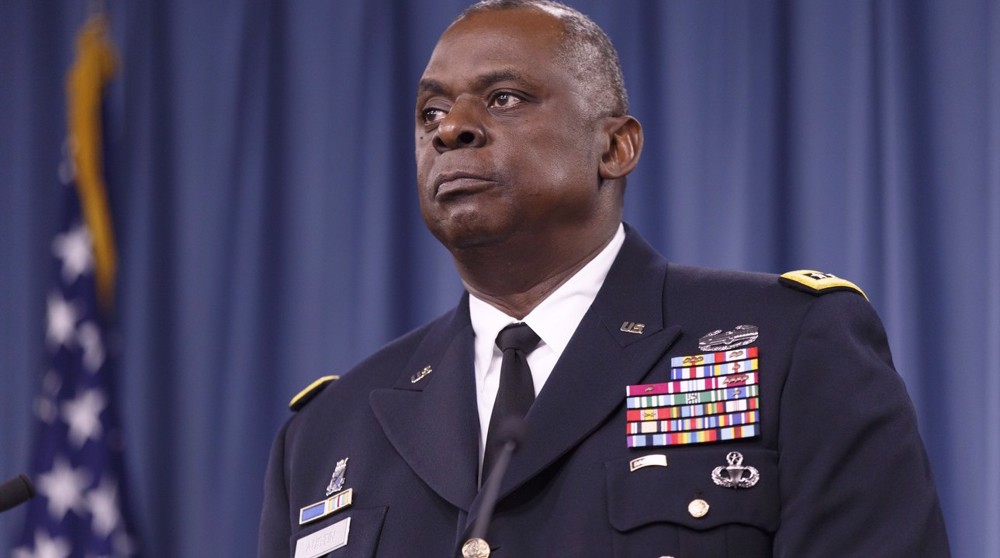
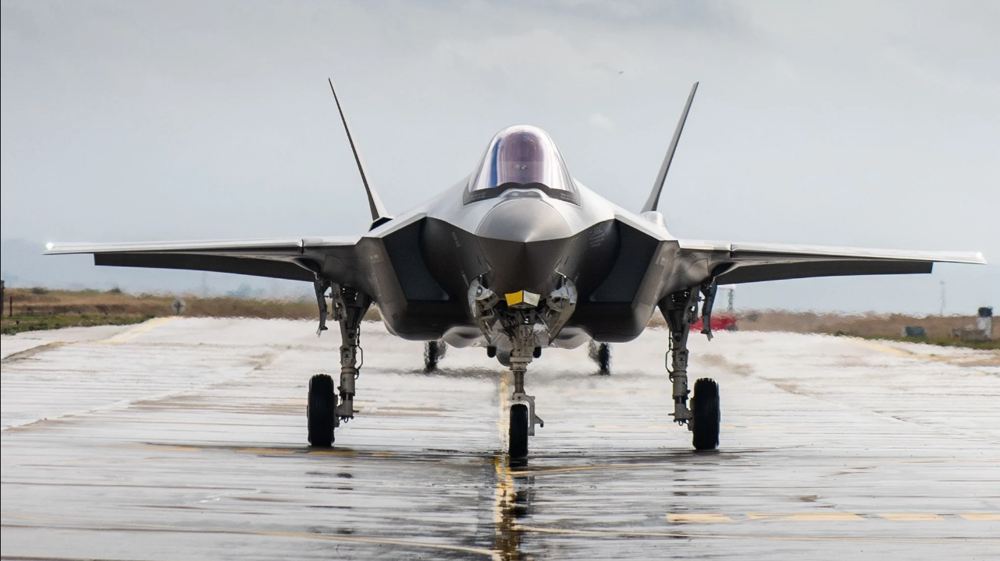
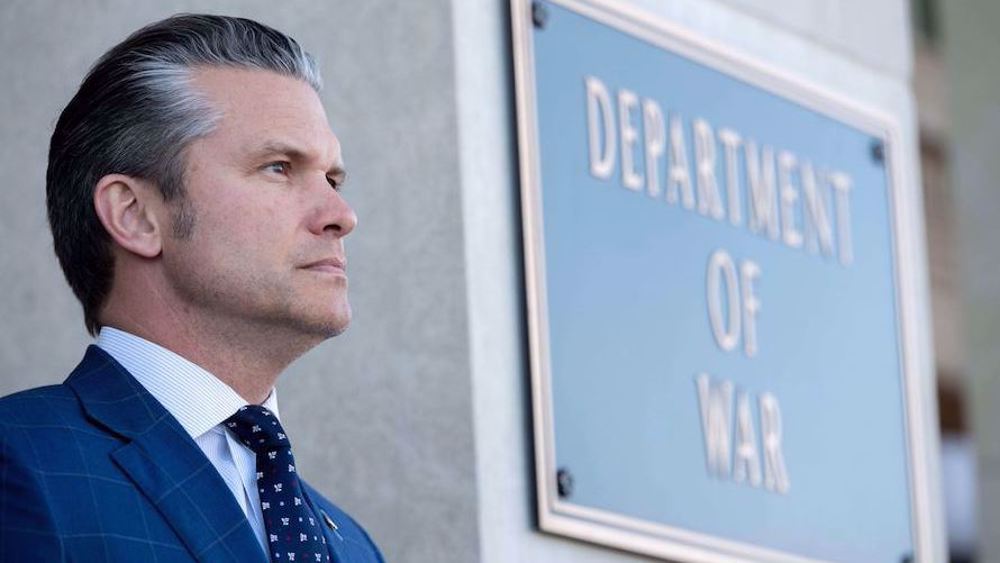
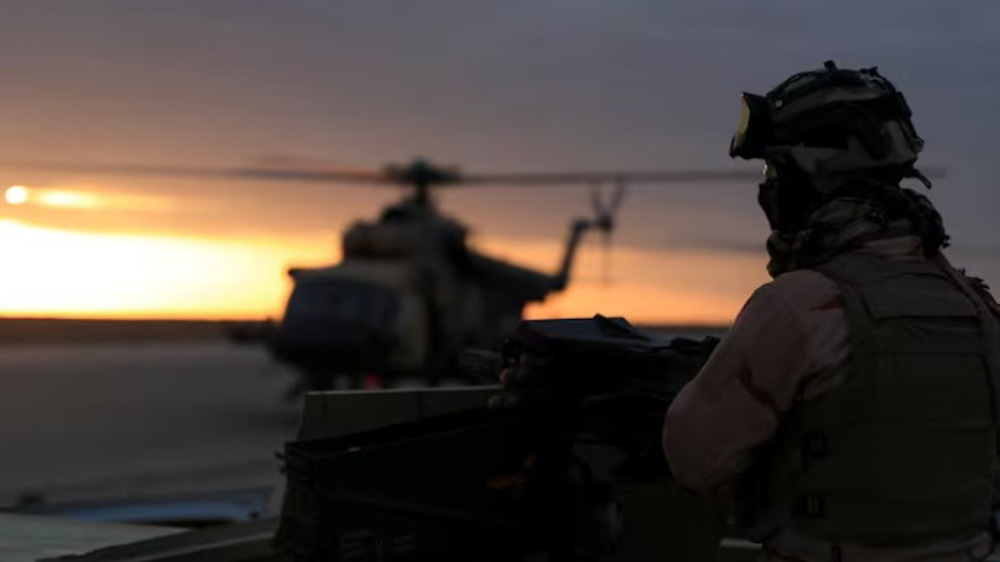



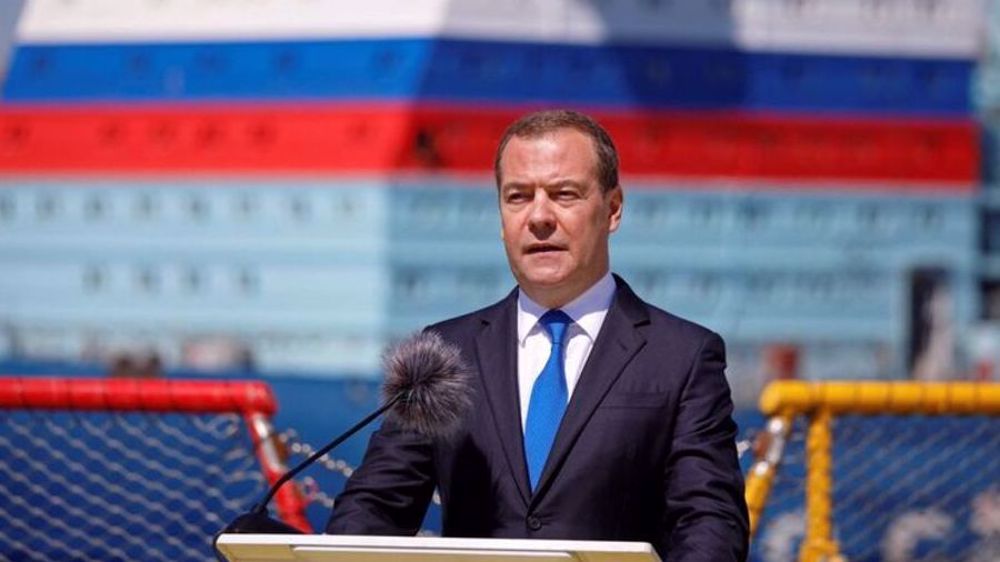

 This makes it easy to access the Press TV website
This makes it easy to access the Press TV website